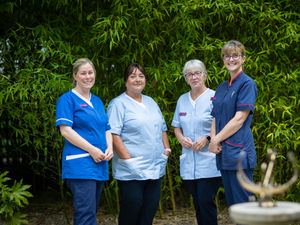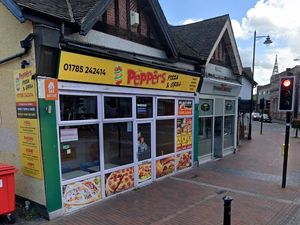Council to spend remaining Covid funds on projects to prevent domestic abuse and hate crime
Leftover funds from the Covid pandemic will be used to teach schoolchildren about healthy relationships and hate crime and offer activities to asylum seekers in Stafford Borough.

More than £60,000 will be used to commission support from the voluntary sector to tackle issues including domestic abuse, hate crime and community cohesion after the spend was agreed by the authority’s new cabinet on Thursday.
Jill Hood, cabinet member for community, said the remainder of funding the council received to help clinically extremely vulnerable residents during the Covid-19 pandemic would be used to fund the “preventative and early help support”.
It will include £15,000 to deliver healthy relationship sessions in primary schools and £10,000 for hate crime sessions in schools as part of work to prevent domestic abuse and extremism.
A further £10,000 has been earmarked towards “diversionary activities for asylum seekers that promote positive wellbeing, cohesion and improve confidence”, a cabinet report said, while £15,000 will be used to provide support towards community cohesion and developing positive relationships with community and faith group networks. The remaining £15,000 will be used to help residents experiencing issues around mental health and drug and alcohol misuse as part of the warm space hub.
The council was involved alongside other organisations in the setting up of a network of warm spaces around the borough last year to help residents struggling with the rising cost of energy and food. The authority also allocated £18,000 towards the set-up of a food distribution hub that is being run by a community interest company.
Councillor Hood said: “The impact of the cost of living is creating poverty in groups of people who have never experienced the stressful scenario of deciding which bill to pay or whether or not food is more important than paying for heating.
"Mental health is deteriorating in these groups of people and they are relying on food banks; some may lose days of work or children may lose days at school.
“The council has recognised that there are gaps in support for these groups and is suggesting early help to certain sectors of the voluntary sector to help support these vulnerable people.
"Due to changes in priority area and increases in demand, it’s become evident there are some gaps in service delivery relating to domestic abuse, hate crime, cohesion and wider vulnerabilities.”





